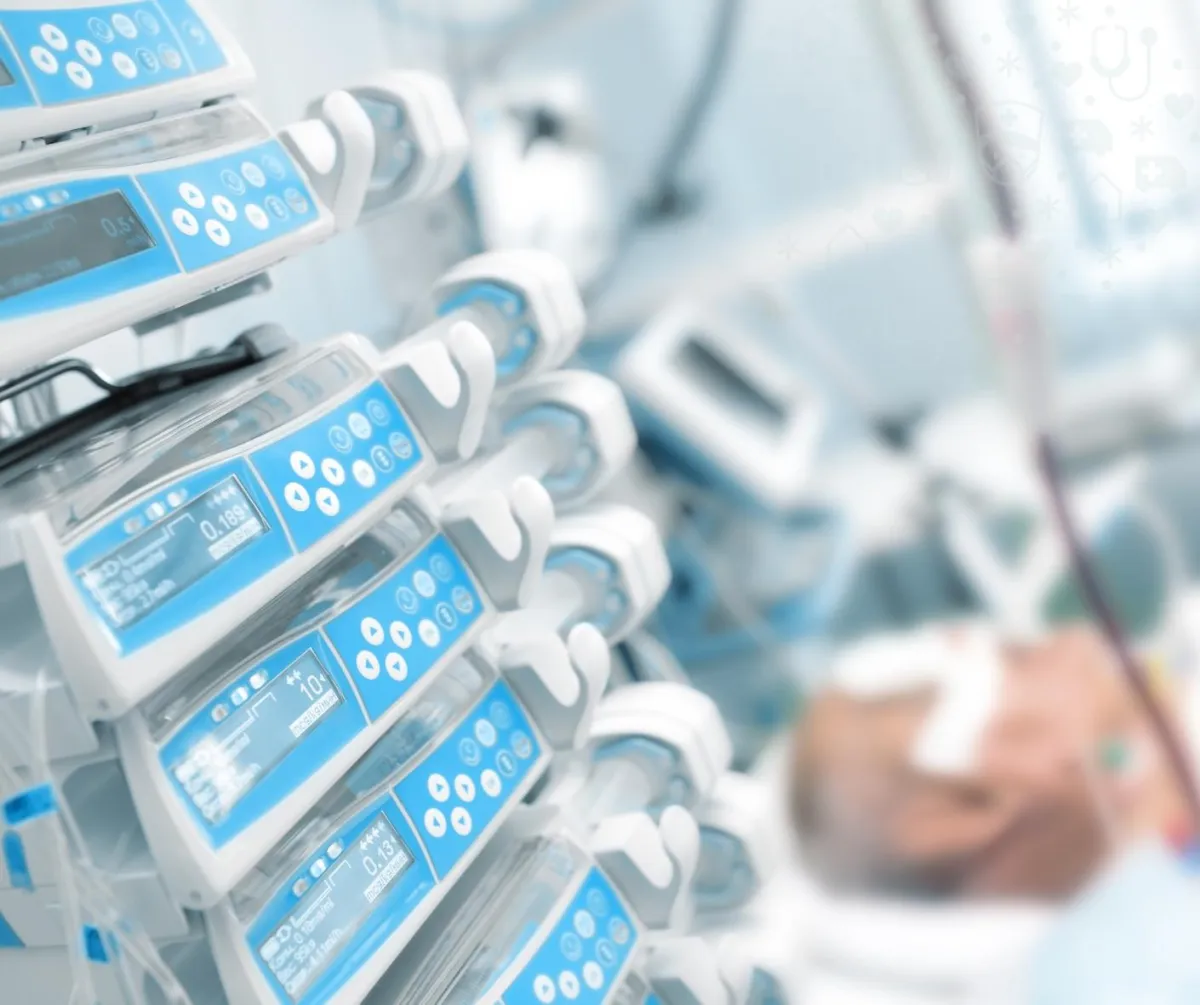OUR BLOG!

Embracing Holistic Care Models in Critical Care Environments
A shift towards holistic care models is recognizing the importance of addressing not only the physical but also the emotional and psychological needs of critically ill patients and their families. Programs that incorporate mental health support, family education, and palliative care practices are becoming standard in many ICUs.
Holistic care models provide comprehensive care that improves overall patient and family well-being. By considering the emotional and psychological dimensions of illness, healthcare providers can offer more compassionate and individualized care. This approach recognizes the interconnectedness of body and mind, acknowledging that emotional well-being is crucial for physical recovery1. For instance, integrating mental health support within the ICU setting helps patients cope with the stress and anxiety associated with serious illness, promoting a more conducive environment for healing.
Integrating palliative care specialists into the critical care team is another key aspect of this holistic approach. These experts bring specialized skills in managing complex cases involving prolonged suffering, providing relief from symptoms, pain, and stress regardless of the stage of the illness2. Palliative care focuses on improving quality of life for both patients and their families, ensuring that the care provided aligns with the patient’s values and preferences. This integration ensures that critically ill patients receive tailored support that addresses their comprehensive needs.
Family education and support programs are essential components of holistic care models. Educating families about the patient’s condition, treatment options, and expected outcomes empowers them to make informed decisions and effectively participate in the care process3. Support programs also provide emotional assistance to family members, helping them cope with the challenges of having a loved one in critical care. This dual focus on patient and family needs fosters a supportive care environment that enhances overall well-being.
Holistic care models also involve coordinated care plans that encompass various aspects of a patient's health journey. By bringing together different healthcare disciplines, these models ensure that care is cohesive and comprehensive4. This multidisciplinary approach means that all facets of the patient’s health—physical, emotional, and psychological—are addressed in tandem, leading to better health outcomes and patient satisfaction.
In conclusion, embracing holistic care models in critical care environments represents a profound commitment to addressing the full spectrum of patient and family needs. By integrating mental health support, palliative care, and comprehensive family education, these models enhance the quality of care and promote healing in a more compassionate, patient-centered manner. The shift towards holistic care signifies a deeper understanding of what it means to provide truly exceptional medical care.
Footnotes
Davidson, J.E., Jones, C., & Bienvenu, O.J. (2012). Family response to critical illness: Postintensive care syndrome–family. Critical Care Medicine. ↩
Aslakson, R.A., Curtis, J.R., & Nelson, J.E. (2014). The changing role of palliative care in the ICU. Critical Care Medicine. ↩
Mazer, M., Cox, C., & Capon, A. (2015). Informing families in neonatal and pediatric intensive care units: A systematic review of the literature. Journal of Intensive Care Medicine. ↩
Kross, E.K., Engelberg, R.A., Gries, C.J., & Curtis, J.R. (2010). ICU care associated with symptoms of depression and posttraumatic stress disorder among family members of patients who die in the ICU. Chest. ↩



